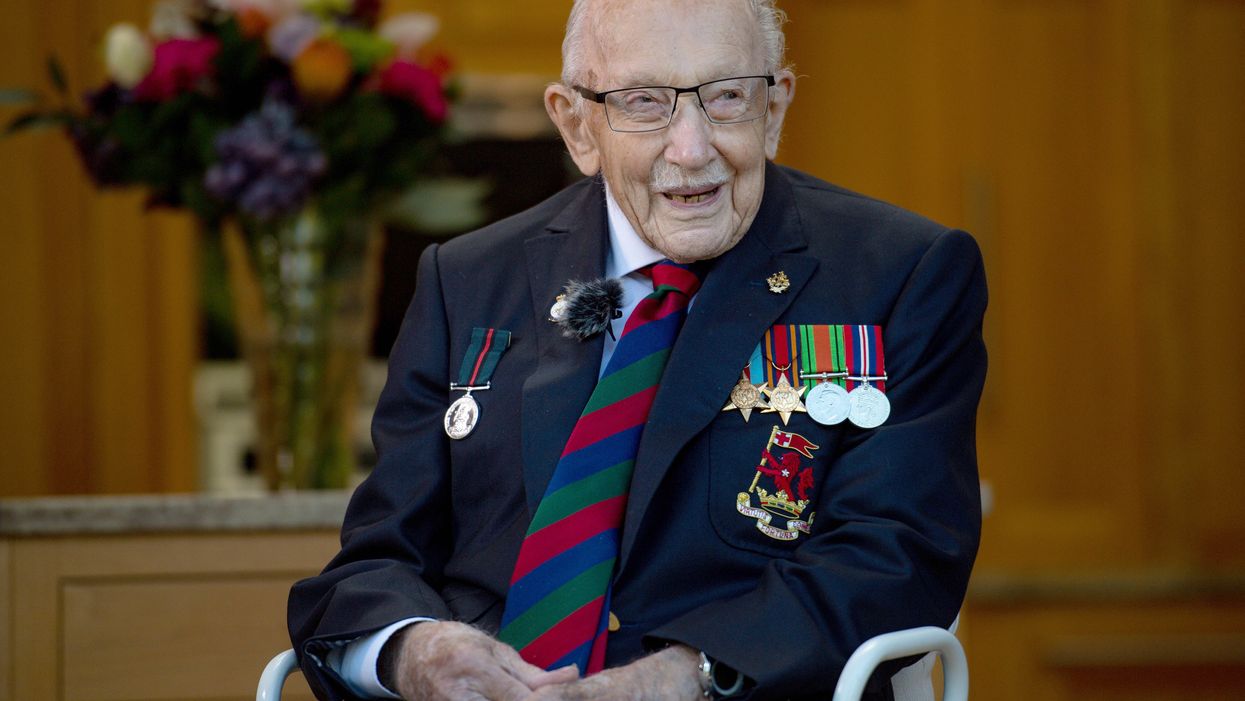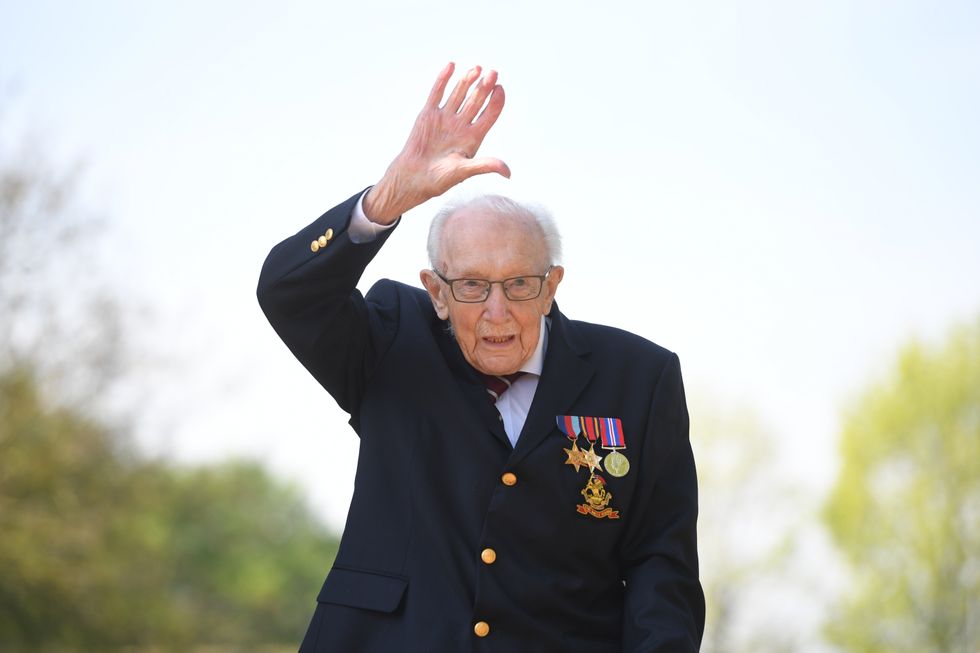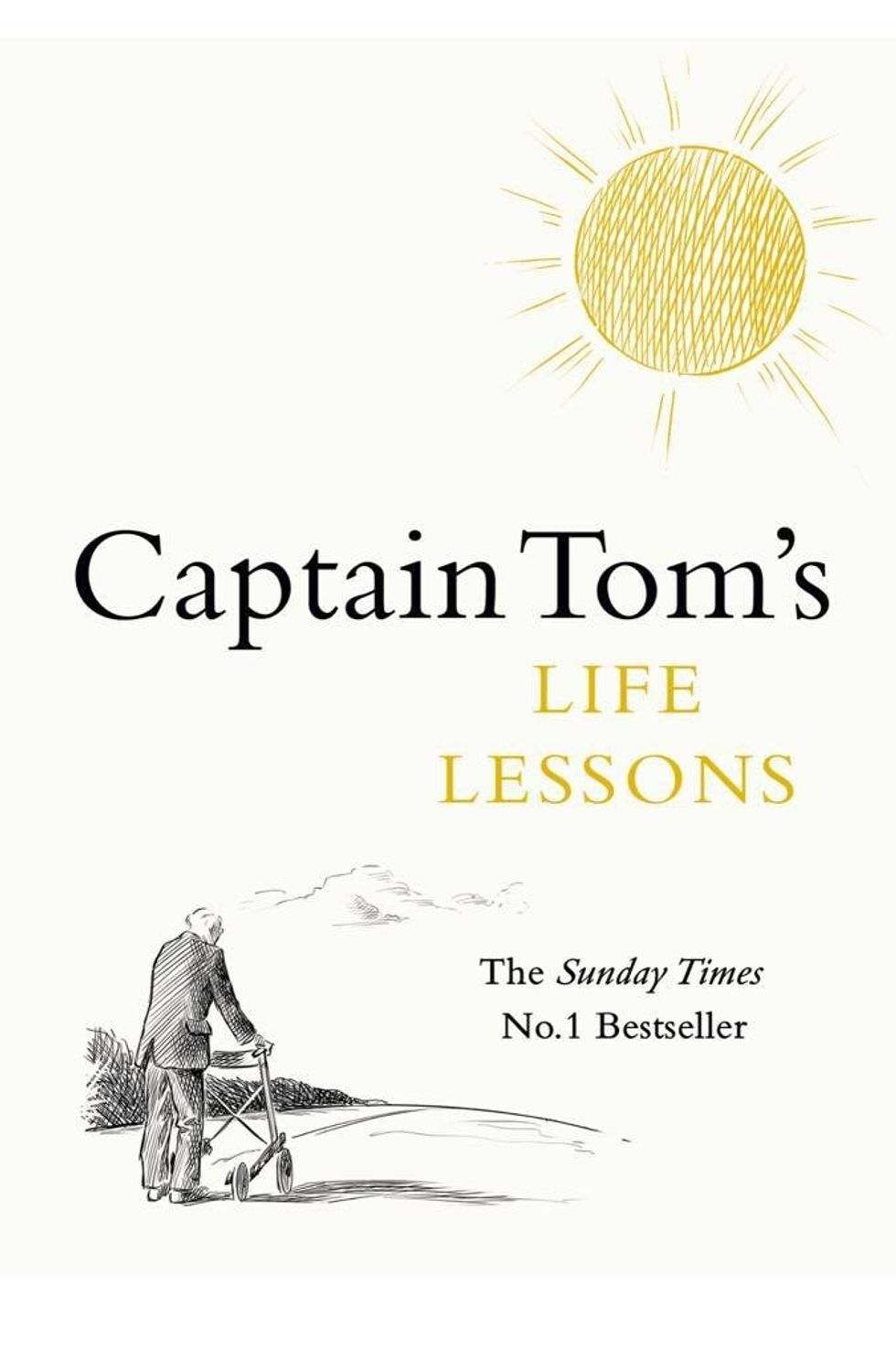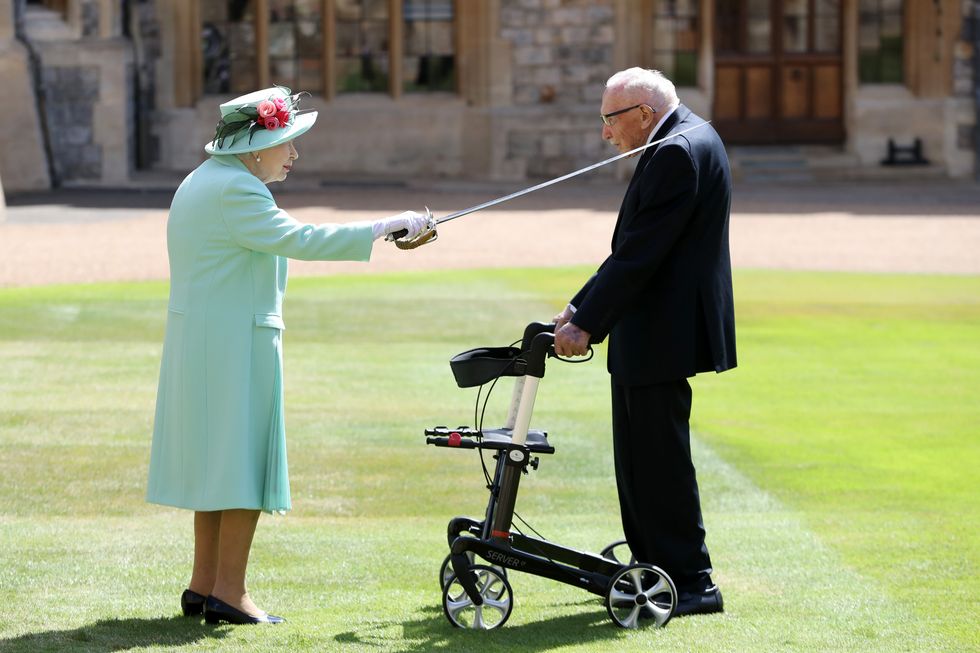
Captain Sir Tom Moore started each day with a bowl of porridge and his book of life lessons was at one point going to be called Eat Your Porridge, his ghost writer has said.
Journalist and biographer Wendy Holden wrote to the Second World War veteran after he hit the headlines last year by walking 100 laps of his garden, raising more than £32 million for the NHS.
She said her father, who also fought in Burma would have been the same age as Sir Tom and they “clicked immediately”.
Ms Holden was the ghost writer for his autobiography Tomorrow Will Be A Good Day, published last year, and she also worked on his book of advice, called Captain Tom’s Life Lessons.
Before Sir Tom’s death on February 2, the book was due for release on what would have been his 101st birthday on April 30.
This has been brought forward to April 2, and Ms Holden said that he had been “very much looking forward to sharing his lessons and sharing his thoughts with the general public”.
“He realised that people wanted to hear from him, they wanted to know what he had learned in his 100 years of life,” she said.
“He had a great deal of wisdom and he wanted to impart that wisdom.
“Towards the end of last year, right up until when I last saw him physically in December, we went through his life lessons together and they were extraordinary.
“At one point the book was going to be called Eat Your Porridge, because it’s the first life lesson, it’s about starting your day as you mean to go on and having structure and routine to your day.
“He ate porridge every day of his life even out in Burma and India and he swore by it.
“He said if you had something wholesome and hearty in your stomach then you could carry on with the day.
“There were all these other lovely ideas and guidance that he had for people, lessons that he had about being comfortable in your own skin and walking in other people’s shoes and always having hope and a positive attitude, all of which he absolutely embodied in every aspect of his life.”
Ms Holden said her friendship with Sir Tom, from May last year, was brief but “intense because we spent so much time together” as she listened to his stories.
“It was all very carefully choreographed – I had to self-isolate for two weeks before I went to see him, it was all socially distanced, I sat in an armchair opposite him something like six to eight feet away,” she said.
“The armchair had been given to him, it was made out of a uniform from the Yorkshire Regiment, what would have been his uniform in the war.
“It was a fantastic khaki uniform to be sitting in, it was almost as if I was cradled by Tom in many ways.
“I sat opposite him and he just stared directly at me and all these wonderful stories spilled out of him, and all I really had to do was keep prodding him and prompting him and helping him along the way.”
She said Sir Tom believed in heaven and that he would be reunited with his grandmother, father and childhood pet dog.
“There was always this underlying warmth and wit and this sense of accepting the inevitable, accepting the decline, the physical decline of old age,” said Ms Holden.
“He was very frank about that, what it felt like to wake up in the morning, 100-year-old body, 100-year-old bones, listening through 100-year-old ears that didn’t hear anything and needed aids.”
She said Sir Tom had seen the proofs for his Life Lessons book and “loved the idea of it”.
“It’s the kind of book that you could have by your bedside and dip in and out of for the rest of your life because it will never age,” she said.
“It’s absolutely timeless.
“It’s basic good guidance about how to be kind.”
She said it was a “wonderful legacy to him” and the “greatest privilege” to work on, adding: “He was a very special man and we were very lucky to have him.”
















